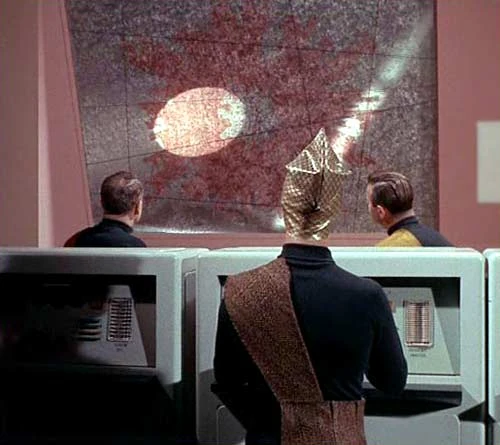Bob Ridpath
Pit Bull love
well , but with a caveat, we don’t know how yet lol.
a “rational agent” be it software or a human chooses actions that it expects will lead to the optimal outcome. There Is a lot here, but suffice it to say that typical this means it’s looking to maximize or minimize some “cost function” or “utility function” or something of that nature.
In turn, evaluating the AI running that agent is typically done by measuring by completeness (that is if it’s guaranteed to find the right answer), cost-optimality, time-complexity, and space-complexity which is far from how we typically evaluate the human decision making process.
most people I know who consider their own decision making processes aren’t really concerned with that sort of thing, and if humans are indeed rational agents which cost-function we are trying to minimize or maximize - or maybe it’s multiple? how do you have agents that pick their own cost-functions? Is that even a thing or is that an abstraction of some
So, “yes” but really the answer is “we don’t know, ask the interdisciplinary scientists working on AI and cognitive psych and they’ll get back to you.”
the thing is we often aren’t even trying to and we’re all self-aware… so it may be that meeting the definition of intelligent is disconnected from self-awareness? Which jives with anecdotal experience lol
I think that sort of stuff is pretty overly optimistic a lot of times - the “rapture but for nerds” as I mentioned earlier, but the potential is there so I think we should try it out.
well, I’m going beyond that, I’m saying we may not even be self aware lol, but that’s not my field
what about a self-aware robotic motivated to survive who will cease to exist on impact with the countryside?
as for armed robots, that’s already a thing, and we’re already living in that sort of panopticon dystopia - check out Ring cameras giving info to the government without a warrant.
We’re all dying.
I appreciate this. Thank you. As a disclaimer, my only in-depth experience with programs designed to "aid" was often a dismal failure at the 911 Center in which I worked. While light-years ahead of what used-to-be, and not really a reflection of the AI of which we speak, the failures from computerized phone lines to CAD to ancillary programs were legion during the 15 years of my service there. Anecdotally, there are numbers of stories where CAD failures left the people supposedly being "aided" in a place where they had no idea how to contact mutual aid/additional resources - and, yes, that was a HUMAN failure, but one that had become dependent upon the "magic" of computer assisted dispatch.
My age and my personal experience provide cautionary roadblocks to the brave, new world into which we have entered and into which we are delving ever more deeply. I understand it's "me" and likely/possibly not what the new infrastructure will objectively provide.
The possible theoretical discussion is fascinating (i.e., "the self aware robotic motivated to survive"). Sadly (for me), I know that armed robots are already a thing and that many of the things once taken for granted (for example, the Ring camera which doesn't require a warrant) are a real part of our world now. As a lowly 911 Dispatcher, I had access to information that would require a law enforcement agency to obtain a warrant if there was an "exigent" circumstance with a threat to human life. It required a simple phone call and filling out a one page faxed form after the fact, and nothing more. Whether we used that resource wasn't dependent upon a matrix of programming but our own judgement, and - believe it or not - that was rarely wrong (although I have no sense or information about the broader scope of ALL 911 Centers).
I guess my concern, personally, is the constraint of any programming which replaces well-trained and experienced human judgement but that's because I'm old, I think, and prefer to have more control - not less. Prior to my retirement I saw a number of younger individuals hired on the job who saw things differently. On the rare occasions CAD, or the phone system, or the radio, failed they were generally unable to step in with common sense to handle emergency situations and to work-around the particular issue.
Anyway, without having answers that satisfy me, I'm bright enough to kick the can down the road for someone else to solve should issues arrive. I'm not sure all change is progress, although I'm positive that all progress is change.
There is no doubt this will be a whole new world, one into which I will only "dip my toes," so to speak but which many will need to embrace

